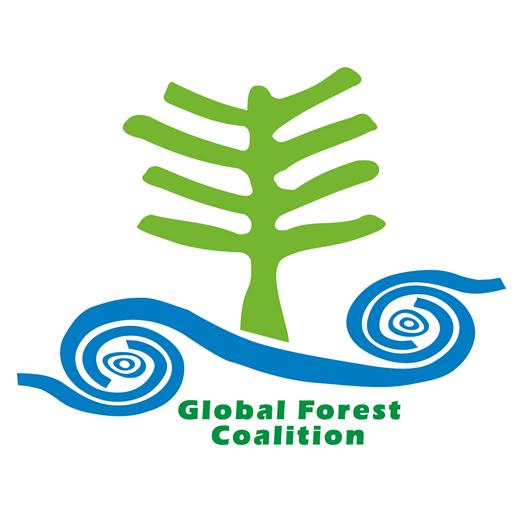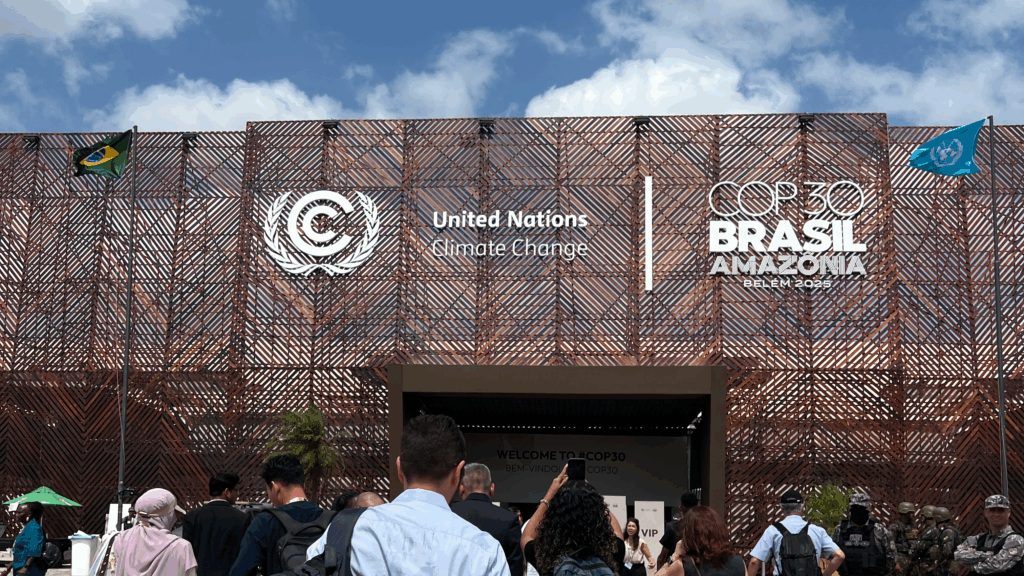
Community Conservation Resilience Initiative: adaptable to different nations and contexts
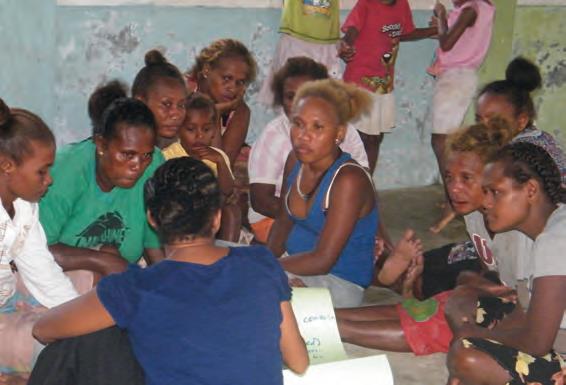
Description of the project:
The Community Conservation Resilience Initiative (CCRI) aims to assess the legal, political, moral, socio-economic, financial, technical and capacity-building support that is required to sustain and strengthen the resilience of community conservation and restoration initiatives in different communities around the world. The methodology is a simple guiding framework meant to be adapted to specific nation and local contexts. It includes a gender toolkit to identify and address potential forms of marginalization of women through dialogue within communities about women’s unique rights, roles, needs and aspirations.
Climate Impact:
Many of the different communities at the study sites are going through severe weather changes; some have managed to successfully adapt – or are adapting- to such changes by using their traditional knowledge and practices. Women are key knowledge-holders, allowing entire communities to overcome the different challenges. For instance, in Samoa, strong self-organized women groups have established mangrove recovery programs by planting up to two acres of mangrove trees, which help the community face tidal waves, sea rising and ultimately help restore the rich biodiversity providing food, medicine, and income to the local populations.
Gender Impact:
In many areas, patriarchal societies settled after colonization and the key role of women in community conservation is now invisible. For instance, in Ethiopia, women have lost most of their inheritance rights; but some traditions remain, bringing women’s key role back: i.e., In Mount Bale women inherit from their mothers a ‘Singe’_ stick as a symbol of respect. This community observes strict non-violence rules for women. The CCRI intends to visualize the gender aspects of community conservation and is paving the pathways to empower women to take on leadership roles.
Scalability/replicability:
The CCRI is conducted in 22 countries around the world. The results of this experiment will contribute to the implementation of the Convention on Biodiversity’s 2011–2020 Strategic Plan, and also to Aichi Targets and the proposed SDGs related to forests and climate change. It will provide policy advice on transformative, effective and appropriate forms of support for community conservation to foster climate change mitigation and resilience
read the latest from our network
We work across regions and movements in deep solidarity. Together, we’re building collective advocacy to global problems.


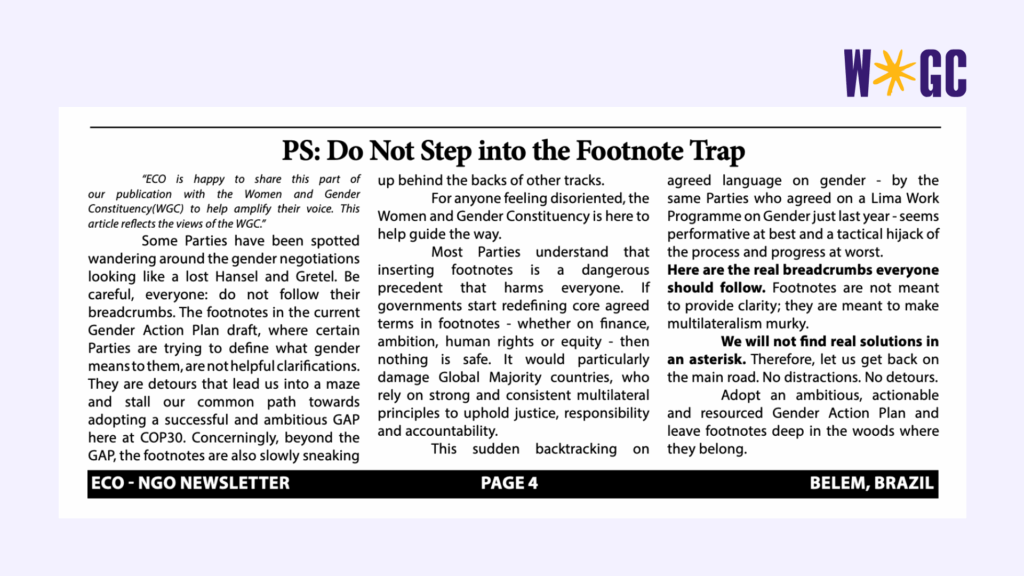
PS: Do Not Step into the Footnote Trap
19/11/2025
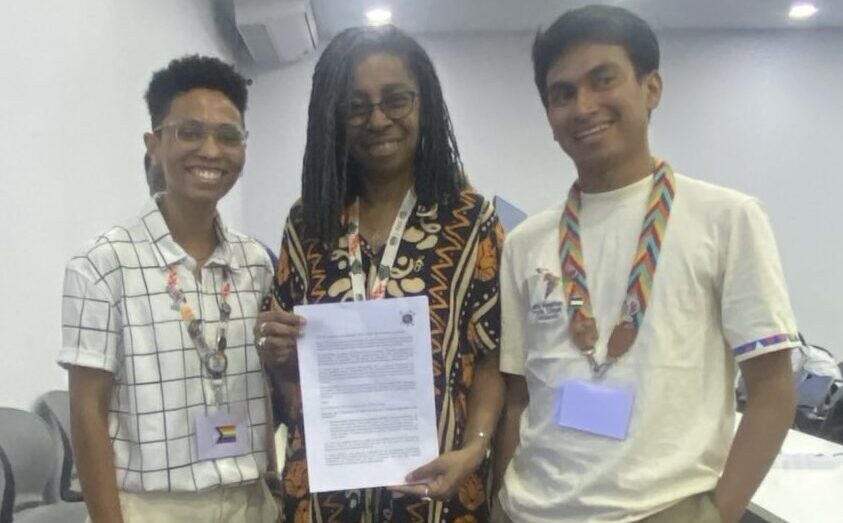
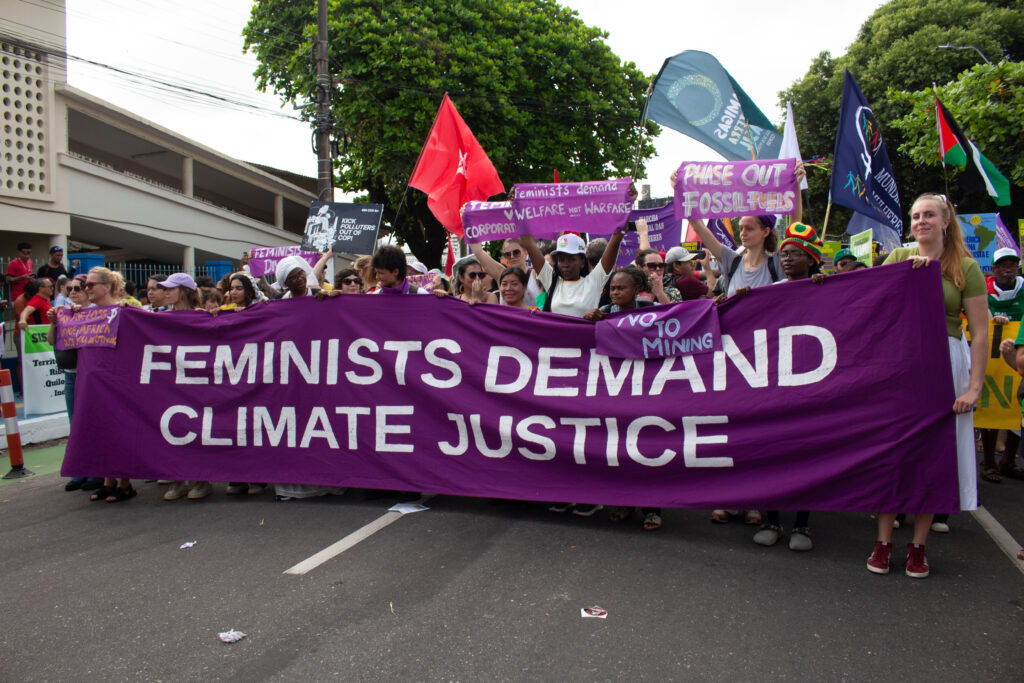
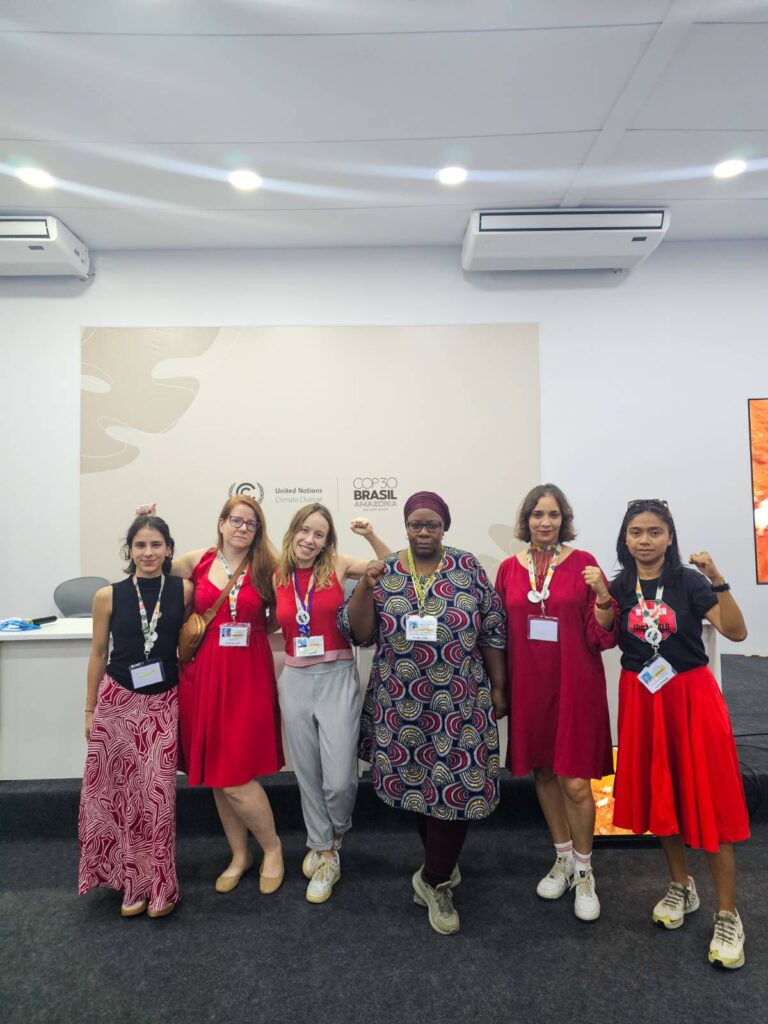

Gender Just Climate Action requires truth
12/11/2025



Nov 11 Action Alert: Gender Justice Day
10/11/2025
